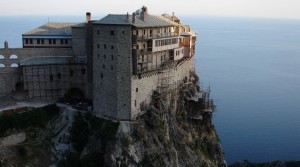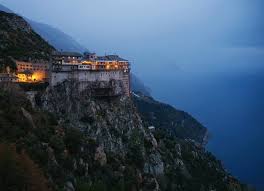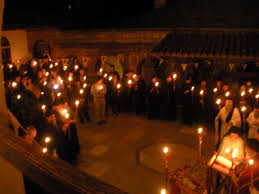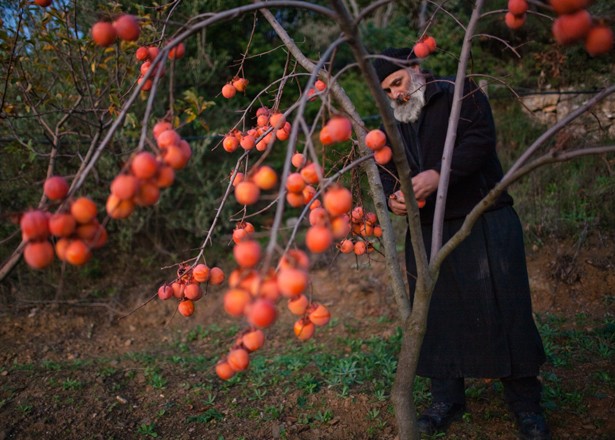The World Council of Churches (WCC), an international fellowship of churches seeking unity, signed 16 agreements during their last convention in Busan, South Korea. According to Greek religious publication “Orthodox Press”, three of these concern Mt. Athos at the Halkidiki peninsula in Northern Greece. However, Governor of the Holy Mountain, Mr. Aristos Kasmiroglou denies that the thousand-year ban on women will be lifted regardless of the fact that one of the clauses of the WCC agreement concerns the abolition of the “Avaton” (meaning “untrodden” and “inviolate”) that prevents women from entering the spiritual oasis of Mt. Athos.
Mr. Kasmiroglou said that the “avaton” is in effect for centuries and is guaranteed by international treaties, adding that the holy rules of Mount Athos, even customary laws, are being guaranteed in Greece’s EU accession treaty.
For more than 1,000 years women have been banned from the World Heritage Site. Women can only come as close as 500 meters of the area by boat. In recent years, many Orthodox women have protested the ban stating that it is their right to visit the monastery and share in the spirituality. A European Parliament Resolution in 2003 criticized the ban as a violation of sexual equality and citizens’ religious freedom, however the prohibition that was ratified in 1926 continues to remain in place.
The WCC was founded in 1948 with members numbering 349 global, regional and sub-regional, national and local churches seeking unity in the Christian faith. Members include denominations that represent some 590 million people across 150 countries, however the Catholic church is not a member.
Ask me anything
Explore related questions








